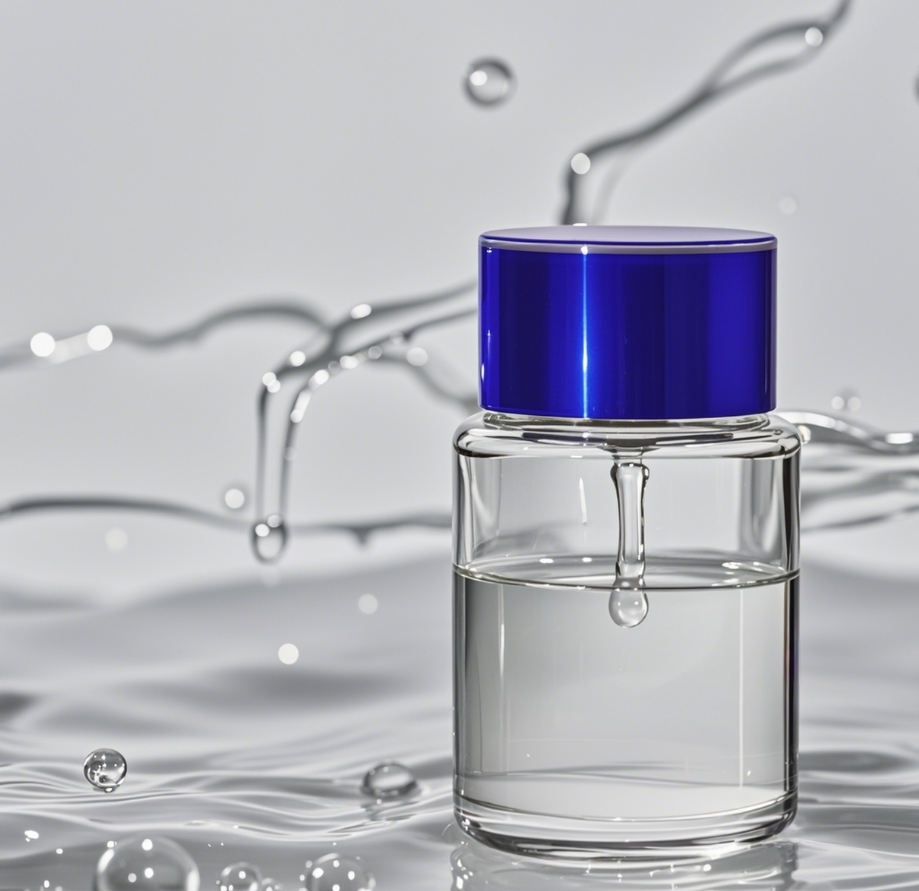On the eve of the mass production of Tesla's Optimus second-generation robot, Dow Chemical announced a disruptive technology - "SpaceSilicon™ Intelligent Silicone Oil Lubrication System". This material is derived from the lubrication technology of the robotic arm of the International Space Station. Through nano-scale silicone oil molecules to wrap magnetic particles, the viscosity can be adjusted in real time under AI control, reducing the energy consumption of robot joint movement by 60% and improving the accuracy to 0.01 mm.
Traditional industrial robots rely on fixed viscosity grease and are difficult to adapt to complex movement requirements. The SpaceSilicon system, combined with edge computing chips, can switch the silicone oil viscosity from 5000cSt to 50cSt within 0.1 seconds based on torque sensor data, perfectly compatible with heavy object handling and delicate operation scenarios. Boston Dynamics Atlas robot tests show that its continuous working life is therefore extended to 72 hours. At present, this technology has attracted companies such as UBTECH and Fourier Intelligence to sign strategic agreements.
Consumer-level applications are also promising. The silicone oil-driven artificial muscle developed by a medical technology company, combined with the GPT-4o interactive system, can assist patients with ALS to achieve grasping movements, with a clinical trial success rate of up to 92%. Market research firm BCC predicts that the global smart silicone oil market will reach US$4.5 billion in 2025, driving humanoid robots into thousands of households.
Products-IOTA

